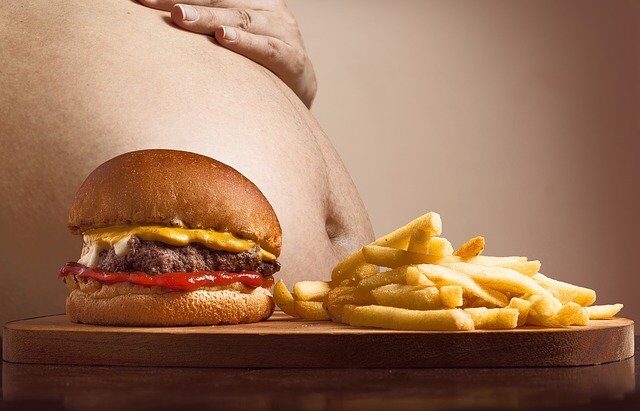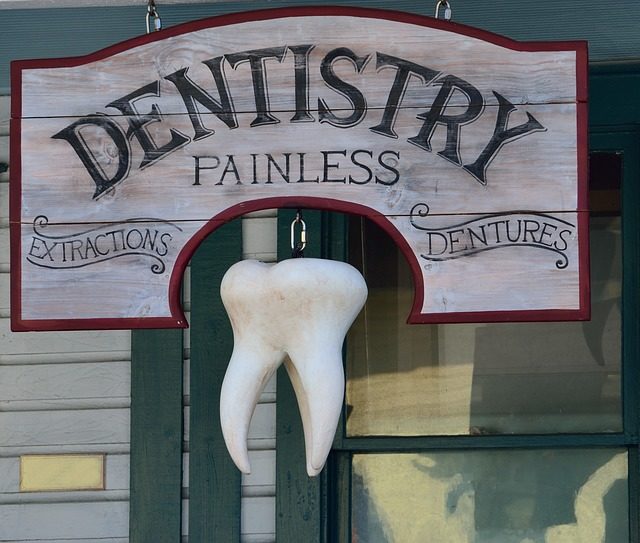Have you ever coped with a dental emergency? These urgent situations refer to any kind of injury to the teeth, gums, and jaws, as well as experiencing a throbbing toothache, mouth sores, bleeding, or dental abscess.
Most individuals tend to disregard these issues or treat them with home remedies, hence increasing the risk of complications. Instead of experimenting with various remedies and over-the-counter medications, make sure you pay a visit to an emergency dentist to take care of the problem momentarily.
Take a look at the most common dental services for emergencies.
Knocked-out tooth
One of the most common emergencies is getting some of your teeth knocked out, requiring quick action on the part of the patient prior to contacting the dentist. Once a tooth gets knocked out, it’s paramount not to pick it up by the root but the crown in order to reinsert it in its socket. In case you can’t position the tooth back to where it was, there’s no reason to feel desperate. Makes sure you place it in a glass with milk and take it to the dentist within thirty minutes.
Moreover, dentists are capable of preserving knocked-out teeth as long as you visit their office immediately after the dental emergency took place. These professionals would either check if the tooth is reinserted properly or take it from the container and reinsert it themselves while making sure it’s fixed to the teeth on either side. Click here to check out the standard treatment for broken and knocked-out teeth.

Toothache
Toothache is another frequent type of dental emergency, causing excruciating pain in patients that cannot be alleviated by taking painkillers. Apart from providing temporary pain relief, painkillers offer no long-term solution. Therefore, upon experiencing a toothache of any extent, individuals are encouraged to schedule an appointment right away for the dentist to determine the exact cause.
In addition, a toothache can be triggered by a myriad of factors, such as tooth decay, abscess, infected gums, infected pulp, broken filling, etc. After performing an oral examination, your dentist would immediately detect the issue that induces such overwhelming pain.
Mouth sores
Mouth sores are common among patients, developing both inside and outside the mouth but mostly on the palate, cheeks, gums, and tongue. Apart from being unsightly, these sores induce insufferable pain in individuals, thus requiring an urgent visit to the dentist. Such sores most commonly result from fungal, bacterial, or viral infections, as well as some irritations or sensitivity to particular ingredients.
Besides using a mouthwash to eliminate germs, it’s paramount to contact a professional if the sore is healing improperly. There is a multitude of emergency dentists near me that provide round-the-clock services to patients. These professionals would thoroughly inspect the sores inside your mouth in order to prescribe the best treatment to impede their spreading.
Tooth abscess
Noticing signs of a dental abscess is a valid reason to schedule an urgent appointment, as it might cause a dental cyst or osteomyelitis, referring to a bone infection. The abscess takes the form of a pimple but you aren’t supposed to touch it or pop it by yourself.
Additionally, an emergency dentist will incise and drain the abscess in order to prepare the tooth for performing a root canal. This procedure is essential for removing the infection and saving one’s tooth, accompanied by prescribing antibiotics to prevent the infection from spreading to other parts of the oral cavity.
Bleeding
Although bleeding is often triggered by a gum or tongue injury, it may be an indicator of a severe oral health issue. For instance, bleeding that won’t stop might be a symptom of gingivitis, gum disease, or advanced oral cancer.
Moreover, abnormal bleeding after a tooth extraction is another reason to raise the alarm. Should you experience bleeding in the mouth, make sure you give your emergency dentist a call. He /She is the right person to either stitch the injury or perform cauterization on the affected tissue to make the bleeding stop. The following link, https://en.wikipedia.org/wiki/Cauterization, explains the different types of cauterization.
Bottom line
Oral health is of vital importance for every individual.
Take proper care of it!












Leave a Reply